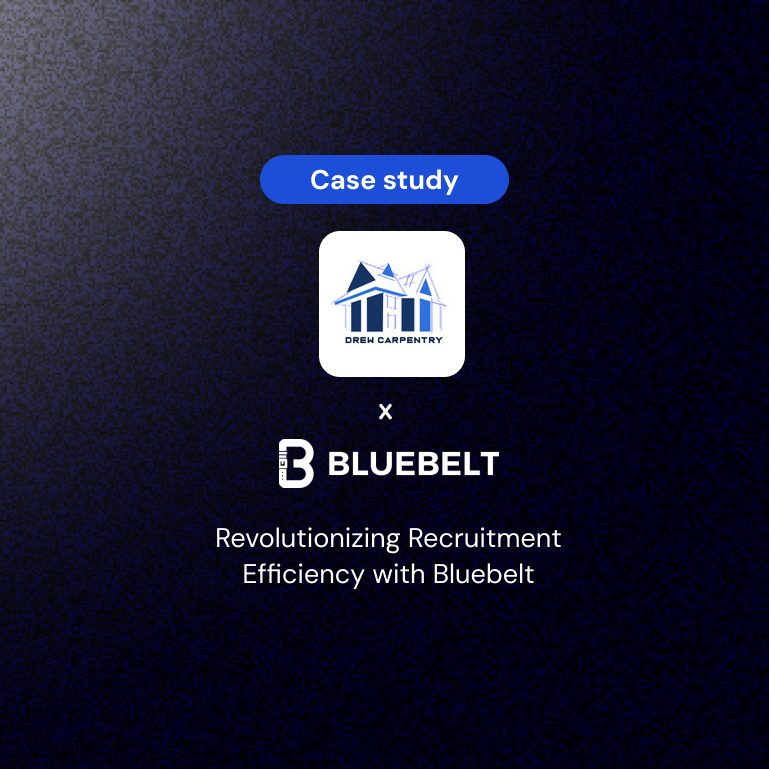
Transforming Recruitment: Leveraging AI for Efficient Hiring


The process of recruitment has evolved significantly. Companies are increasingly turning to artificial intelligence (AI) to streamline and optimize their hiring processes. This transformation in recruitment practices has not only made the hiring process more efficient but also more effective in identifying top talent. Leveraging AI tools such as resume screening algorithms, chatbots for initial candidate interactions, and predictive analytics for identifying the best candidates, organizations can now make data-driven decisions that lead to better hires. By harnessing the power of AI, companies can reduce time-to-hire, minimize bias in the selection process, and ultimately build stronger and more diverse teams. This shift towards AI-driven recruitment is revolutionizing the way companies attract, assess, and hire talent, marking a new era in the field of human resources.
The Impact of AI in Recruitment
Benefits of AI in Streamlining Recruitment Processes
The integration of Artificial Intelligence (AI) technology in recruitment processes has brought about significant changes. This blog section will delve into the benefits that AI offers in streamlining recruitment processes, as well as the challenges faced by organizations when adopting AI for their hiring needs.
Benefits of AI in Streamlining Recruitment Processes:.
Enhanced Efficiency: AI algorithms can quickly sift through large volumes of resumes to identify top candidates, saving time and effort for recruiters.
Improved Candidate Matching: AI tools can analyze candidate profiles and job requirements to ensure better matches, leading to higher quality hires.
Reduced Bias: By removing human bias from the initial screening process, AI helps promote diversity and inclusion within organizations.
Predictive Analytics: AI can provide insights into candidate performance and likelihood of success, aiding in better decision-making during the recruitment process.
Challenges Faced in Adopting AI for Hiring Needs:.
Integration Costs: Implementing AI tools can be expensive, especially for small and medium-sized businesses with limited resources.
Data Privacy Concerns: AI relies on vast amounts of data, raising concerns about the privacy and security of sensitive candidate information.
Skill Shortages: Organizations may struggle to find employees with the necessary expertise to develop and maintain AI systems for recruitment purposes.
Resistance to Change: Some recruiters may be hesitant to embrace AI technologies, fearing job displacement or loss of control in the hiring process.
Expanding on the Impact of AI in Recruitment:.
AI has revolutionized the recruitment landscape by introducing innovative solutions that go beyond traditional hiring practices. One significant benefit is the automation of repetitive tasks, allowing recruiters to focus on strategic decision-making and candidate engagement. Additionally, AI-powered chatbots have enhanced the candidate experience by providing real-time assistance and personalized communication throughout the application process.
Furthermore, AI-driven tools enable recruiters to conduct more thorough candidate assessments by analyzing not just resumes but also social media profiles, online portfolios, and even video interviews. This holistic approach to candidate evaluation leads to better-informed hiring decisions and improved retention rates.
On the flip side, organizations face the challenge of ensuring ethical AI usage in recruitment to prevent discriminatory practices. Transparency in AI algorithms and continuous monitoring for biases are crucial to maintaining fairness and equity in the hiring process.
The impact of AI in recruitment is a double-edged sword, offering immense benefits in efficiency and quality of hires while posing challenges related to costs, data privacy, talent acquisition, and organizational readiness. As companies navigate this evolving landscape, a strategic approach to AI implementation that balances innovation with ethical considerations will be key to leveraging the full potential of AI in reshaping the future of recruitment.
Conclusion
Leveraging AI in recruitment has proven to be a game-changer for organizations looking to streamline their hiring processes. Through the automation of repetitive tasks, AI not only saves time but also enhances efficiency by enabling recruiters to focus on more strategic aspects of talent acquisition. By incorporating AI tools like resume screening algorithms, chatbots for candidate engagement, and predictive analytics for identifying top talent, companies can make smarter hiring decisions faster. Embracing AI in recruitment is not just a trend but a necessity in today's competitive job market, allowing businesses to stay ahead of the curve and secure the best talent for their teams.
